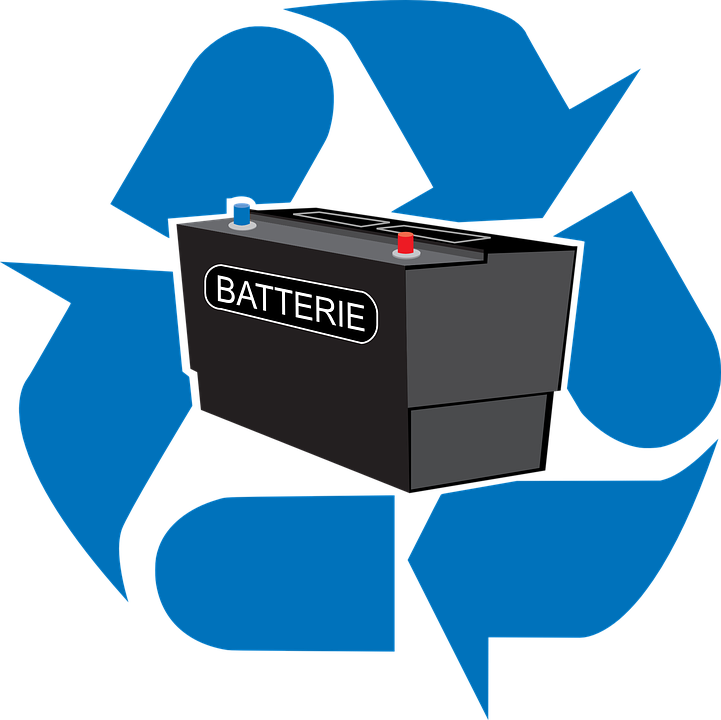The plant is a joint venture between two Norwegian companies – Hydro, one of the world’s largest aluminum companies, and Northvolt, a battery producer building battery factories in Sweden and Germany.
The new battery recycling facility has the capacity to process 12,000 tons of battery packs per year, or around 25,000 EV batteries. This is enough for the entire end-of-life battery market in Norway currently.

Hydrovolt claims that it can recover 95% of the materials used in an EV battery including plastics, copper, aluminum, and the “black mass,” a powder containing the various elements inside lithium-ion batteries – nickel, manganese, cobalt, and lithium.
The companies involved in the joint venture will both benefit from the resulting materials streams. Hydro gains access to recycled aluminum, which only takes about 5% as much energy to produce as primary aluminum (aluminum is one of the most recyclable, and most recycled, materials on Earth). And Northvolt will gain access to the other materials, which can be extracted from the black mass and used again in the production of new batteries, which Northvolt plans to do with several factories in Europe.
Northvolt’s goal is that 50% of all of its battery raw materials will come from recycled batteries by 2030. This is quite an ambitious goal, given that the global EV market will increase by an order of magnitude or more by the time the batteries inside a new car built today are ready to be recycled. Hydrovolt hopes that with this expansion throughout Europe, they can reach a capacity of 70,000 tons of battery packs by 2025, and 300,000 tons by 2030.
According to electrek














